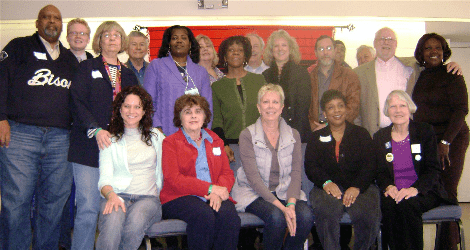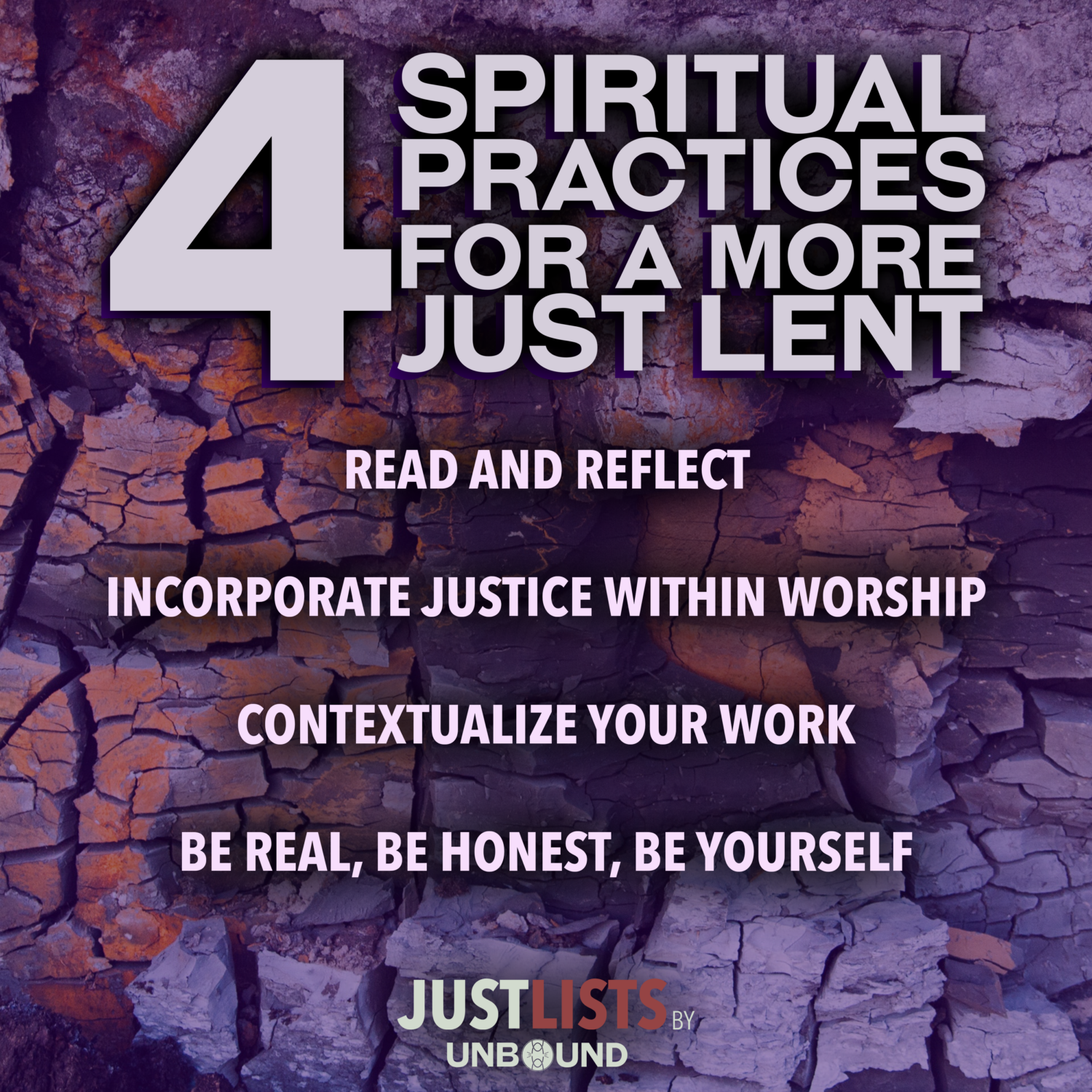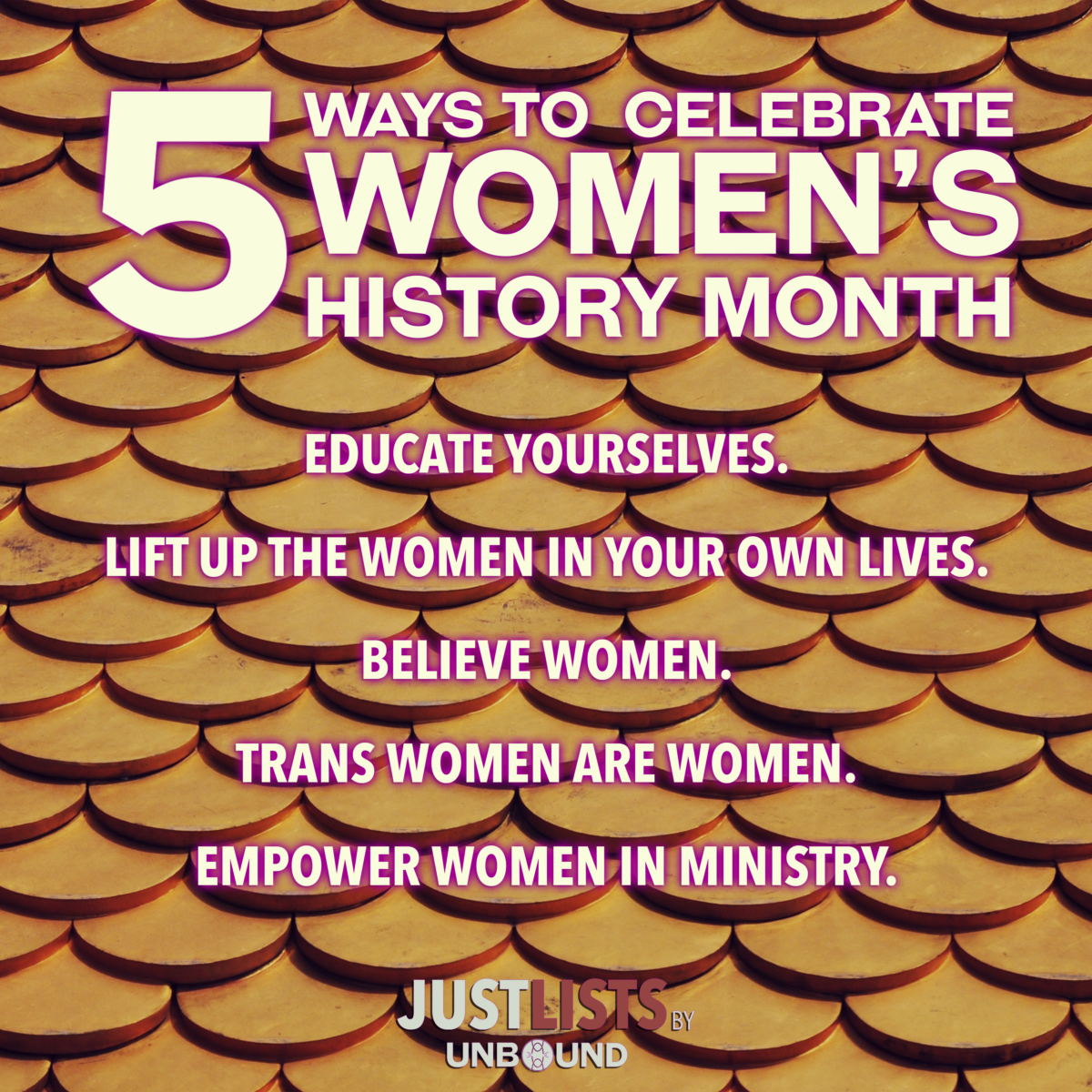I was recently at a book club facilitated by Abolition Apostles, a Christian abolitionist ministry, where we discussed the book The Fall of the Prison: Biblical Perspectives on Prison Abolition by Lee Griffon. Micah Herskind, a Public Policy Associate at the Southern Center for Human Rights and a Christian abolitionist, led that day’s session and said something that has stayed with me since. He was speaking about retributive justice and its connection to the Christian faith and said, “Do we believe in prisons because we believe in Hell or do we believe in Hell because we believe in prisons.”
I was raised with a theology that upheld the belief of substitutionary atonement. (Substitutionary atonement is the idea that we have offended God so horribly with our sins that the only thing that could make it up to God is our death; however, Christ, out of love for us, willingly substitutes himself and takes God’s wrath for us.) Within this paradigm is the presupposition that wrongs must be punished. This concept of necessary chastisement, of retributive justice, is so ubiquitous that even our legal system operates within this framework. When an individual does something that has been deemed illegal, they are punished for it. For example, if I drive over the speed limit, I’ll get a ticket; if I embezzle money, I’ll go to jail. (Obviously there is much more nuance to this based on different privileges, but that is beyond the scope of this piece.) The basic idea is that people must pay, either with their time or money, to restore honor that was done to other citizens or to the state.
Since both our legal system and our conceptualization of salvation within the substitutionary atonement model bleed into and influence one another, both would benefit from some serious reconceptualization. For starters, as we’ve seen, recently and as well in the past, the systems we have are horrific; they don’t provide life for the majority under their shadows. So many of these crimes that individuals are punished for are the consequences of systems not their own. When so many people have limited or no healthcare and there’s generational poverty, housing insecurity, and white supremacy, how can we blame folks when the odds are stacked against them?
And in the same way that “love shouldn’t hurt” in our relationships with other people, the love of God also shouldn’t hurt. In substitutionary atonement theory, God, much like the State, demands punishment for wrongdoing. However, it doesn’t have to be this way. As we learn from the parable of the Prodigal Son, deservedness doesn’t even register on God’s radar. God gives God’s grace and love freely and without hesitation. From this understanding, we can re-envision the cross–that Christ died, not for some punitive cosmic plan, but as an enemy of the empire. His radical preaching and healing works undermined the power of the State, and was therefore punished. As Joanne Carlson Brown and Rebecca Parker explain in their 1989 chapter “For God So Loved the Word” in Christianity, Patriarchy and Abuse, “Jesus’ death was an unjust act, done by humans who chose to reject his way of life and sought to silence him through death…[His] was not an acceptable sacrifice for the sins of the whole world, because God does not need to be appeased and demands not sacrifice but justice. To know God is to do justice (Jer 22:13-16). Peace was not made by the cross.” (p 27) Our salvation, therefore, comes not from an act of violence by the empire but from the incarnation of God’s self.
If we, instead, construct society and our theologies through the lenses of our “kin-dom goggles” and restorative justice, we can be the beloved community we are called to be. For example, if we ensure affordable housing, universal healthcare and education, a living wage, and child and elder care and even abolish prisons and police, we can create a world that honors the dignity of all peoples and offers more opportunities for flourishing. Through the grace of God, we can create a world that is more life-giving for all of creation and more reflective of the Kin-dom of God.
Eds. Joanne Carlson Brown and Carole R. Bohn, Christianity, Patriarchy, and Abuse: A Feminist Critique. Cleveland: The Pilgrim Press, 1989.

Sarah Mayer is originally from Kansas and is a graduate of Davidson College. She is currently a PCUSA seminarian and Jean Brown Fellow at Austin Presbyterian Theological Seminary in Austin, Texas. Sarah is also a trained End-of-Life doula and enjoys attempting to speak Spanish in her spare time.




Unbound Social